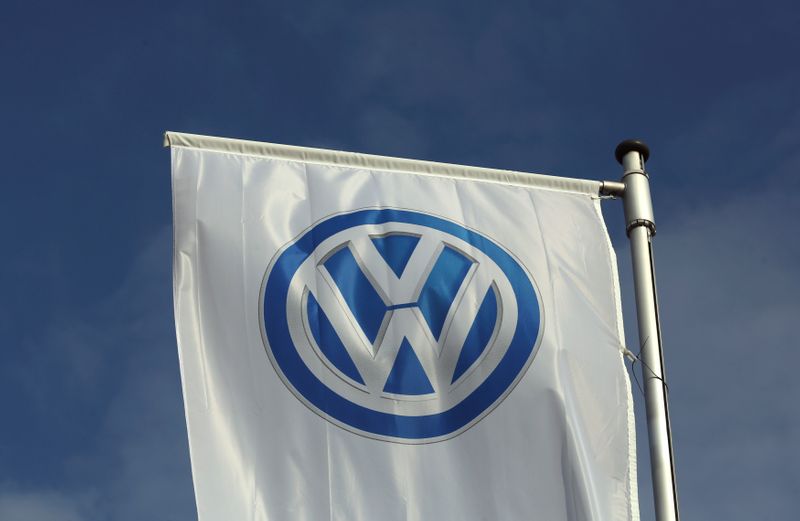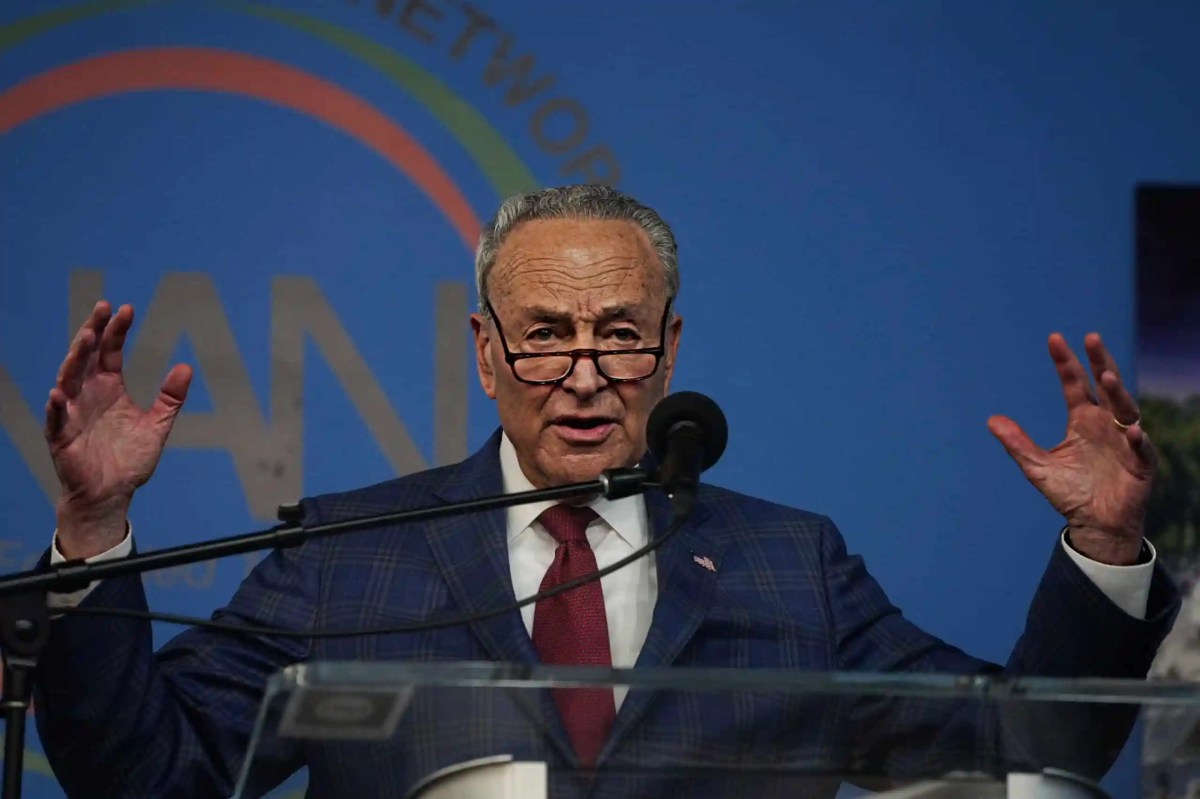BRAUNSCHWEIG (Reuters) – A former Volkswagen manager, who is on trial over the carmaker’s emissions-cheating scandal, blamed company culture on Thursday for his and others’ silence on the matter, but said he would have acted differently had he known the consequences.
Hanno Jelden, who prosecutors said was in charge of the development of the illegal software at the heart of the scheme, attributed the long silence over the software malfunction in part to Volkswagen’s company culture, which he described as one where problems were to be solved quickly rather than analysed.
Jelden said at an earlier hearing that he informed superiors about the software that sparked the so-called “Dieselgate” scandal, but was pressured to keep quiet.
Volkswagen admitted in 2015 to cheating U.S. diesel engine tests, sparking the biggest crisis in its history and costing the carmaker more than 32 billion euros ($37.7 billion) in vehicle refits, fines and legal costs so far.
“I never made a secret out of this function [of the software],” Jelden said in a courtroom in the city of Braunschweig, where the trial is being held. “If I had known the legal consequences this could have, I would never have let it happen.”
The company has previously said the software function which ultimately disabled the car’s emission filter was designed for another purpose, namely to reduce unpleasant noise from the engine, a defense Jelden repeated on Thursday.
“The function really was developed to improve the acoustics,” Jelden said, calling the approval process for the function a “huge mistake.”
The trial of four current and former Volkswagen managers and engineers began last Thursday with all four accused of failing to raise the issue, and instead, seeking to maximise profits for the carmaker and, in turn, their performance bonuses, according to Braunschweig prosecutors.
The defendants either claim they did not know about the manipulation or had informed their superiors about it, judicial sources said.
(Reporting by Victoria Waldersee; Editing by Bernadette Baum)





















